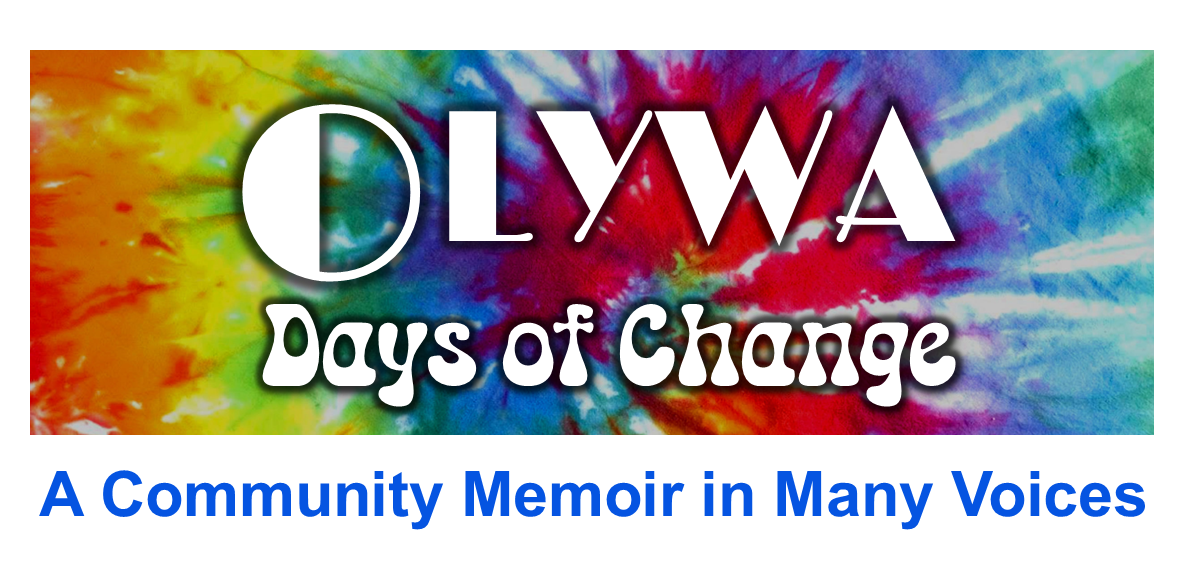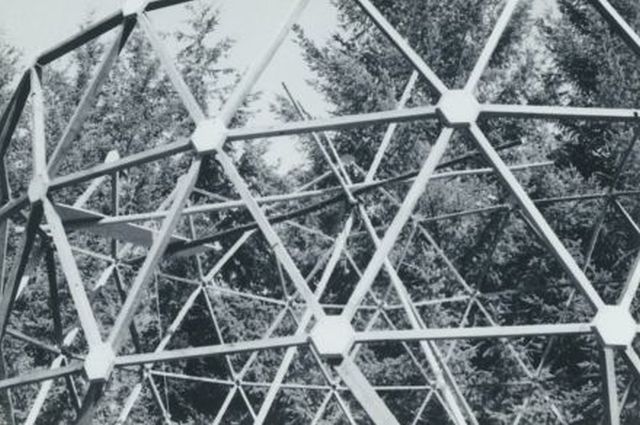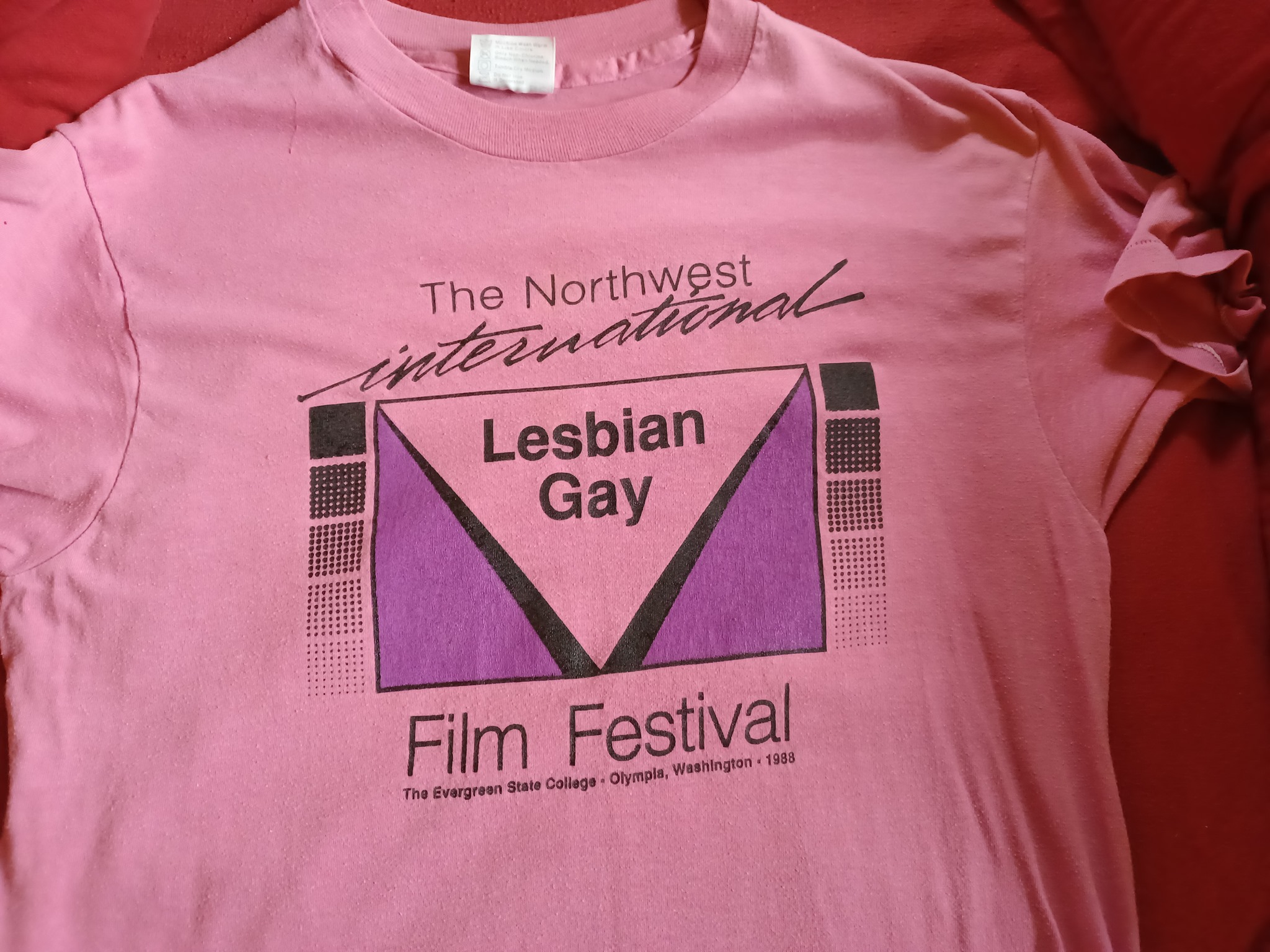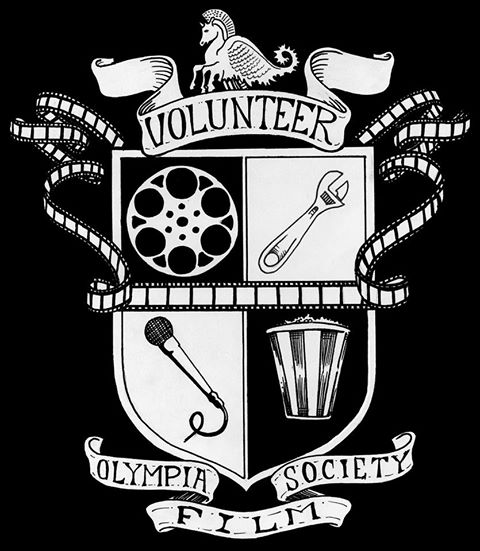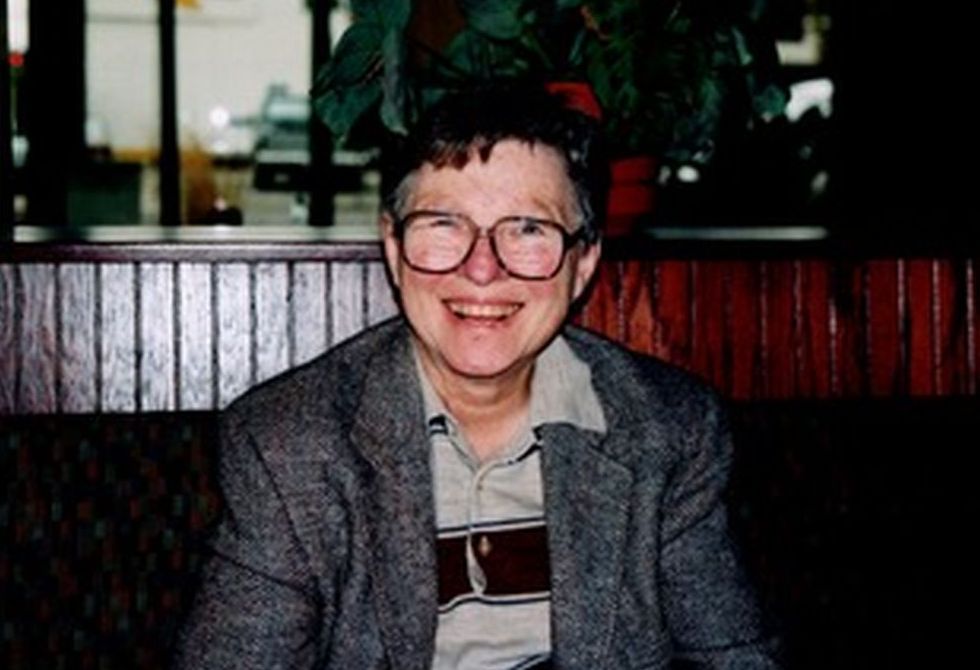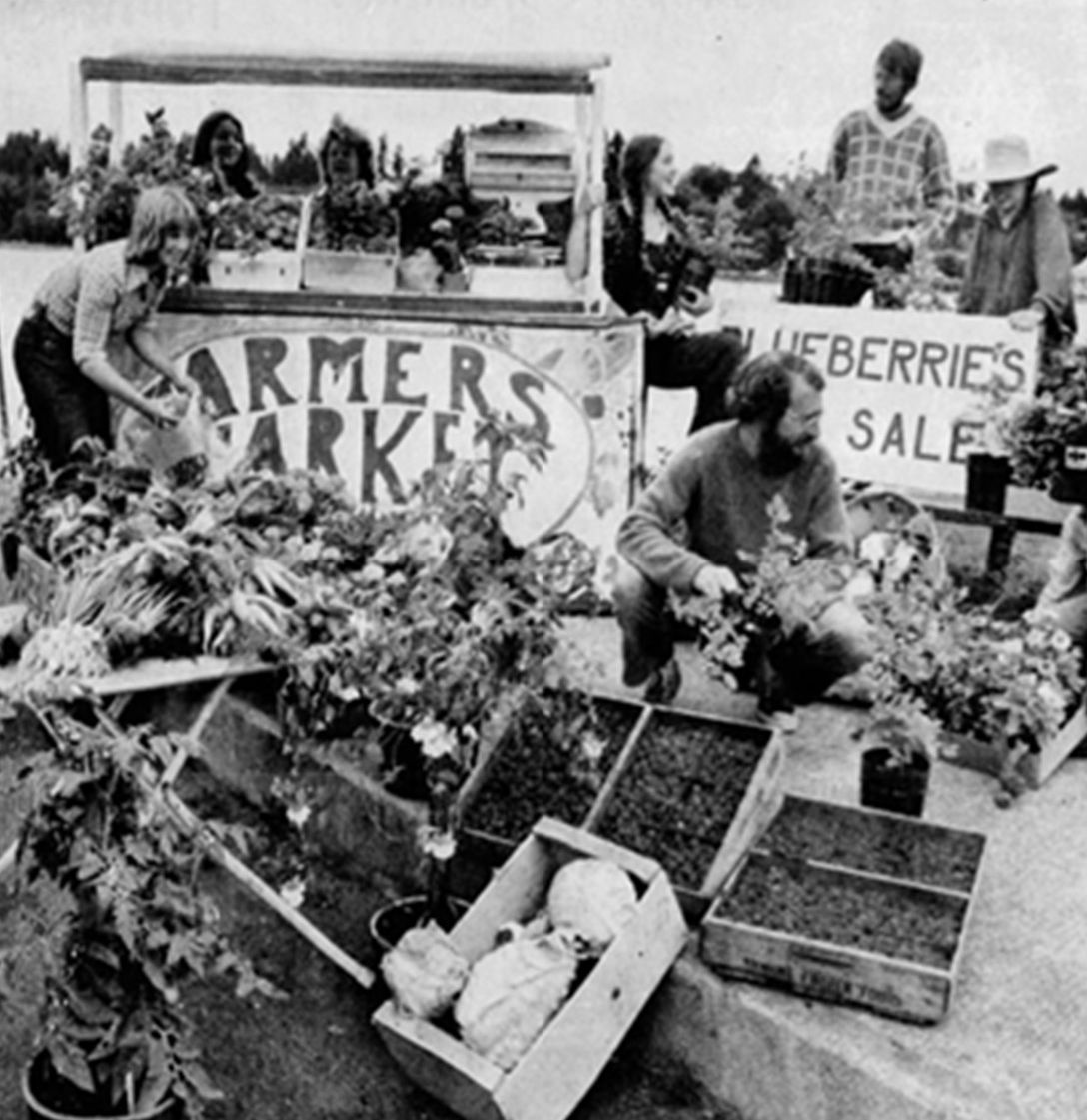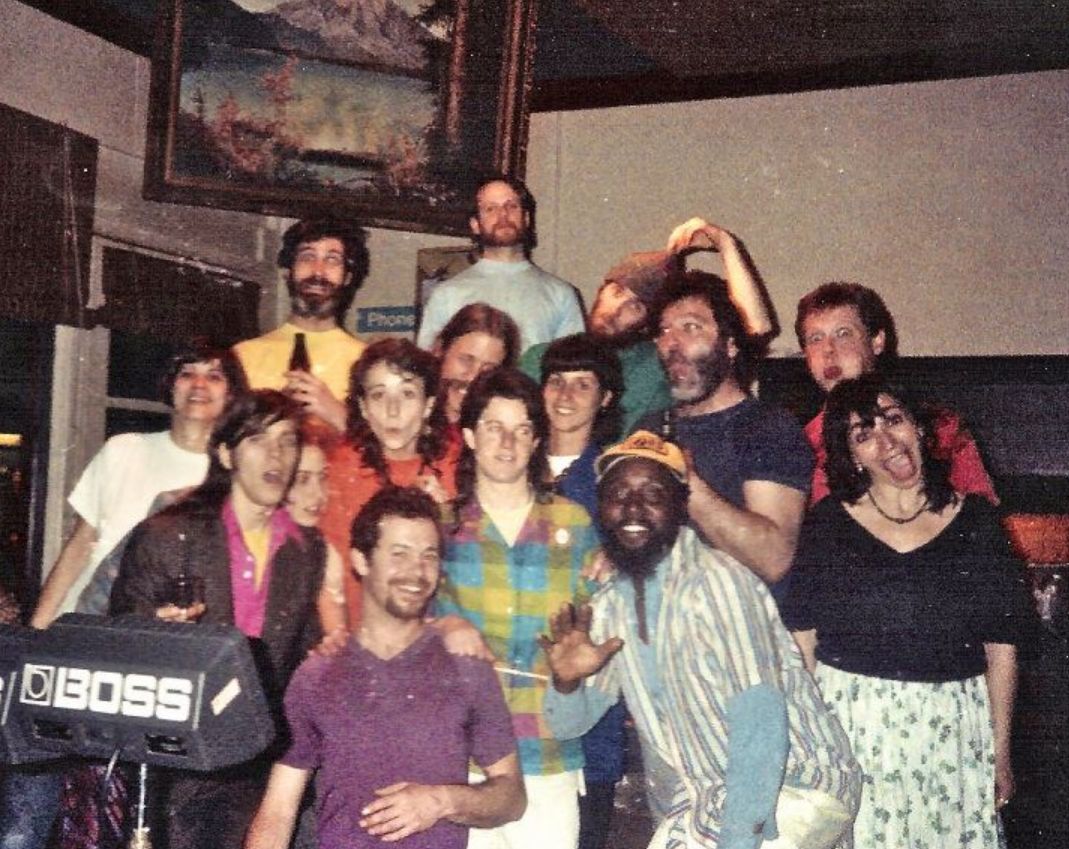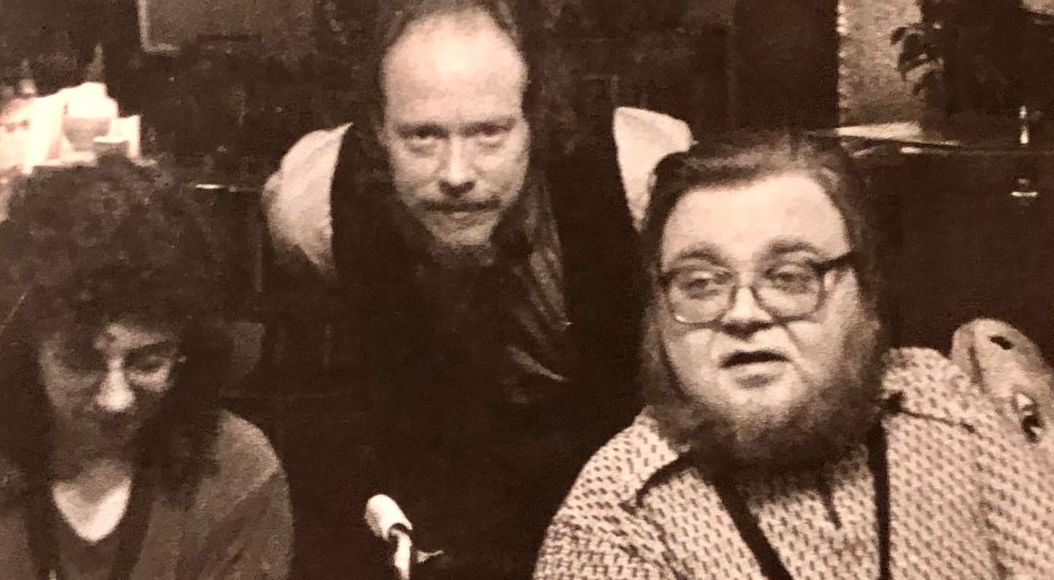Getting Lumber for the Dome – By Joe Tougas
At one point in the evolution of Cold Comfort Farm the commune members decided to build a geodesic dome. We were then faced with the challenge of finding the materials. The word went out via the invisible network that connected the devotees of the “buy nothing” ethic. The power of a community to “manifest” whatever was needed had proved miraculous in the experience of back-to-the-landers everywhere. The fact that we were seeking material for a geodesic dome clearly helped stimulate and activate that network. What we needed for the frame was a bunch of 2×6s, the longer the better
